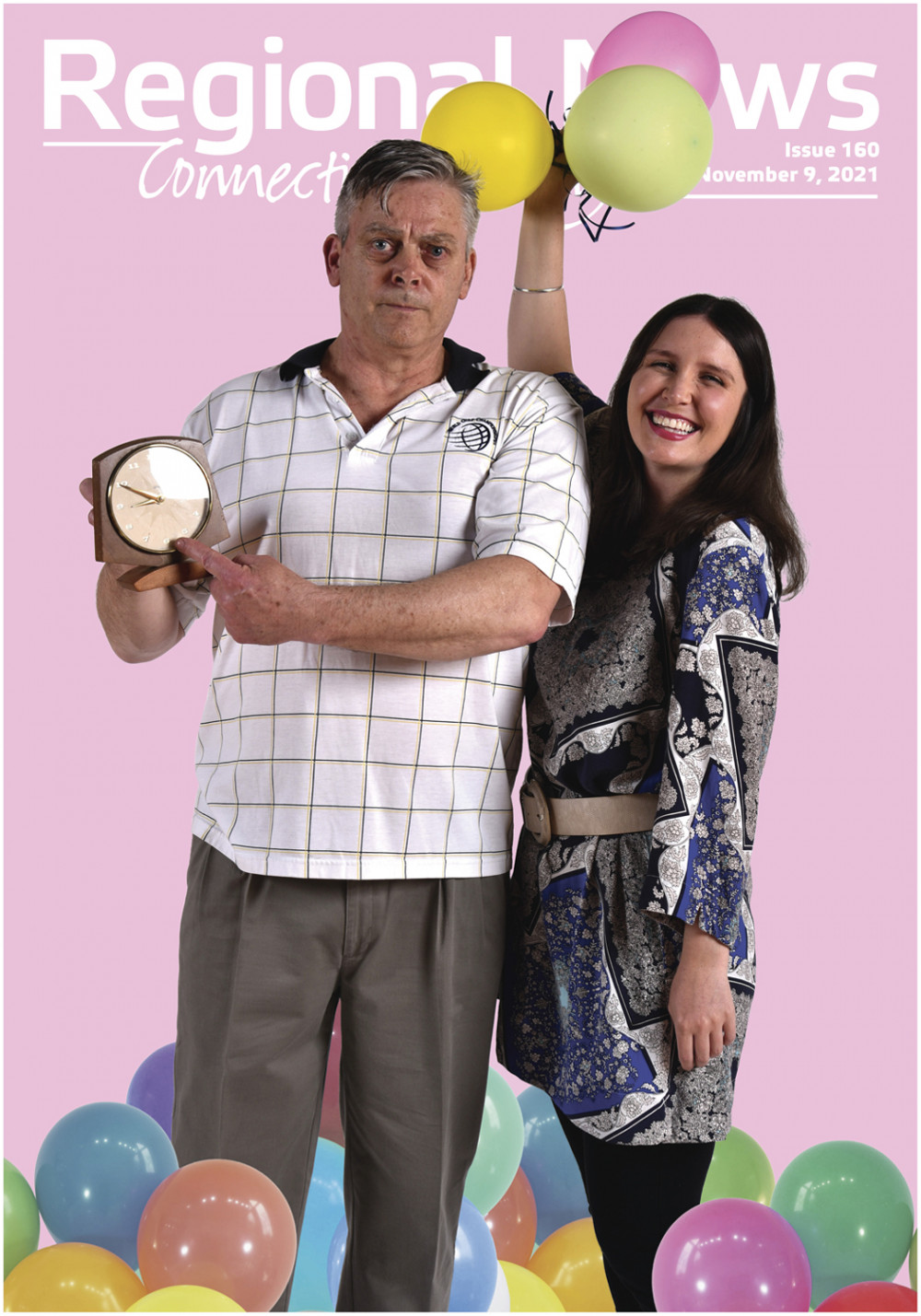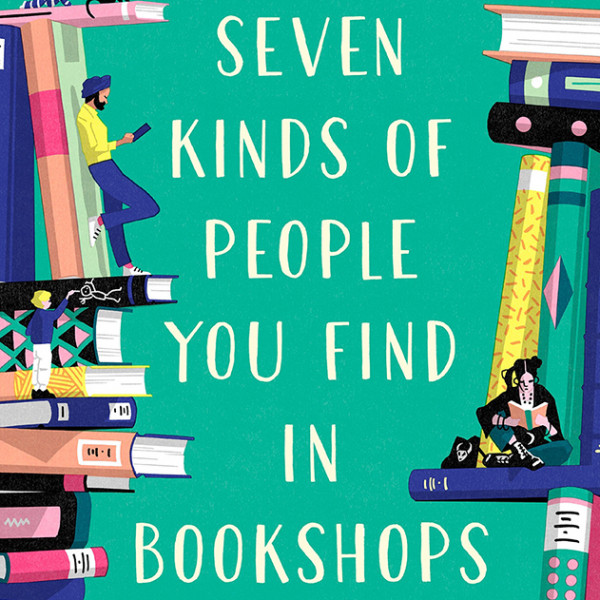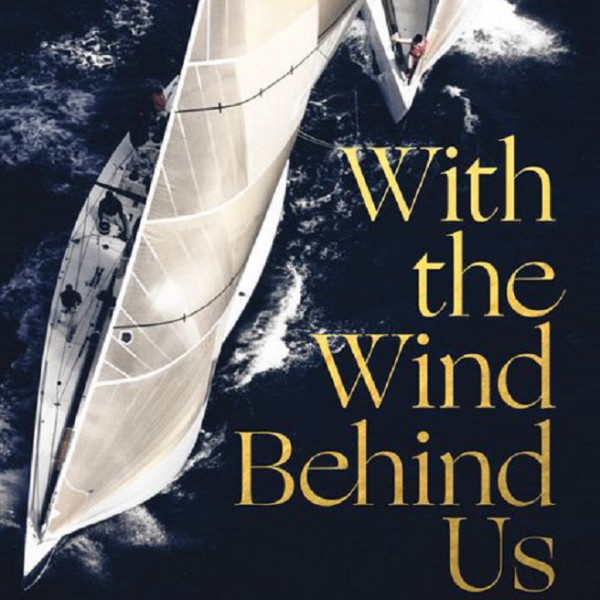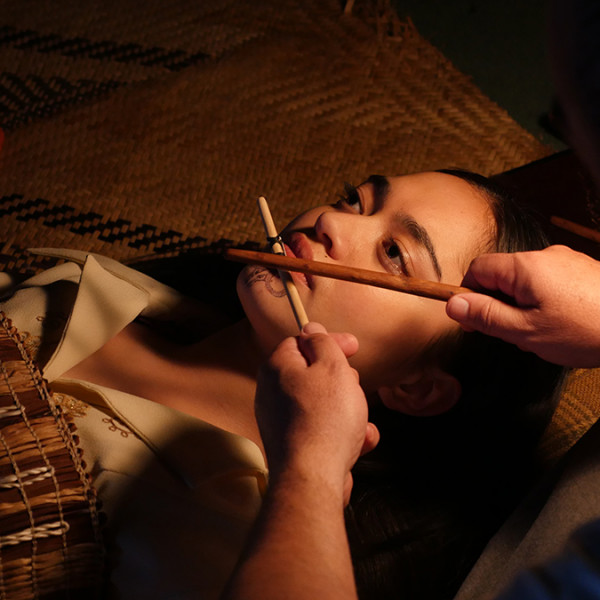
Wisdom of Waters
Presented by: Speaking Spines
BATS Theatre, 3rd March 2021
Reviewed by: Leah Maclean
Coming in at just under an hour, Wisdom of Waters felt like the Level 2 escapism I needed. It is the first full-length dance work by former Footnote dancer Georgia Beechy, and it bubbles with potential.
This languid contemporary work is presented by an all-female collective, Speaking Spines, who are new on the Wellington dance scene – hence the New Zealand Fringe Festival premiere. The performance is a trance-like exploration of movement and women’s experience, told through the limber bodies of five extraordinary wāhine.
The piece boasts strong imagery and powerful messages of connection. Clad in silky red dresses and skirts, the dancers wind their way across the stage and between one another. There is an element of restraint to their movement, but it doesn’t feel overtly careful, it feels purposeful, it feels investigative.
A dreamy soundscape, created by Ludus, delicately threads the work together with a combination of ambience and electronica. The dancers seamlessly respond to the sound in their bodies and in their presence. One section sees the group come together in an Irish folky ritual of rhythmic body slaps and foot stomps. It conveys a beautiful moment of both unity and liberation.
The colour red acts as a significant motif through the costumes and ribbons, which are weaved throughout the performance on a wooden frame. Complementing the raw movement, it seems to connote the experience of a woman on her period, in childbirth, and at crossroads. In one cleverly constructed scene we see the hands of temptation reaching through the woven frame, extending apples to a resigned ‘Eve’.
The work is truly experimental and doesn’t try to hide the fact. Sometimes it is clear that there are moments of improvisation, but it doesn’t detract from the wider performance. It is exciting to see new and passionate dance artists putting themselves out there and testing their artistic prowess. I would be more than happy to sit down for another Speaking Spines production.











